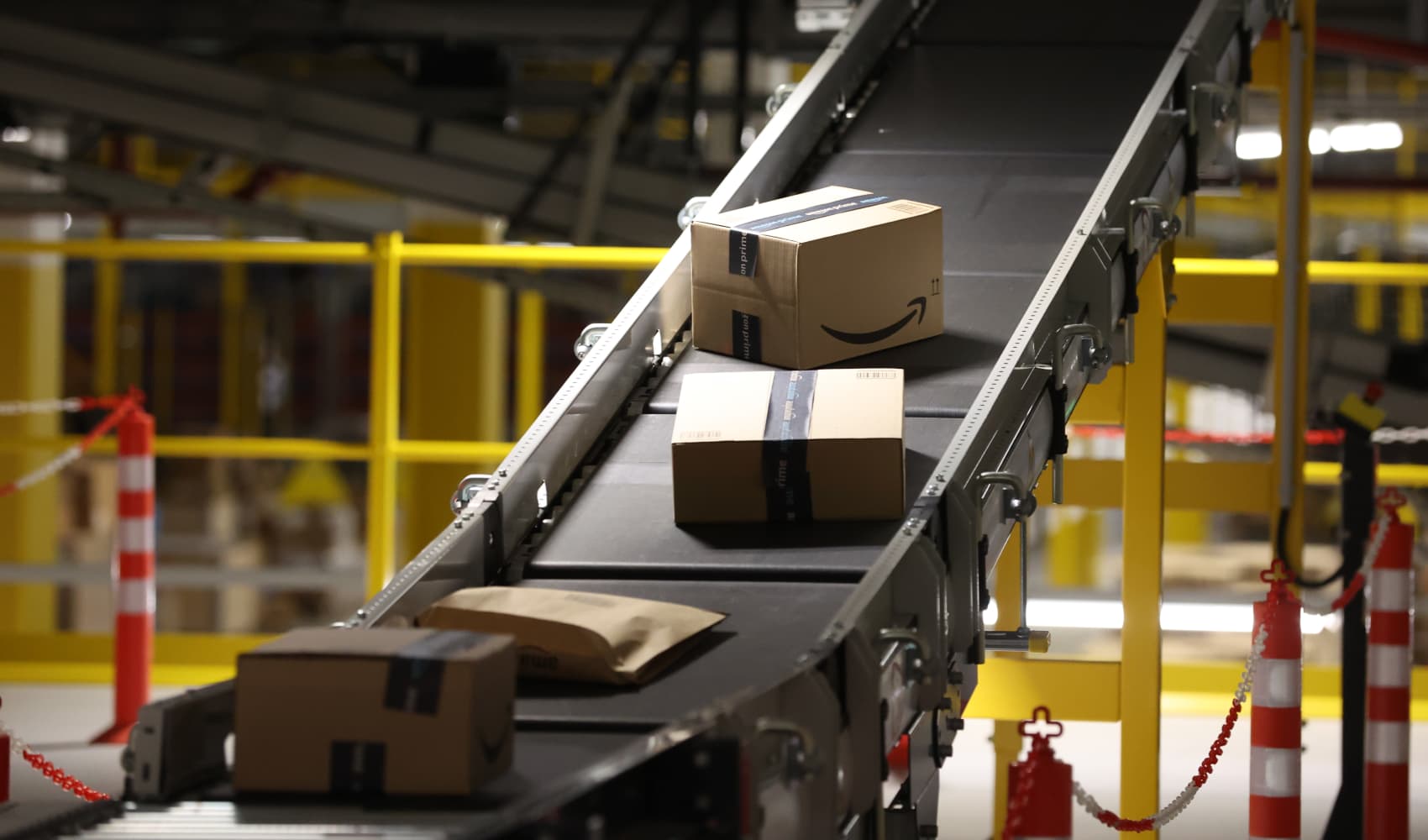
- Taiwanese pager manufacturer Gold Apollo rejected reports that it produced the devices at the center of deadly attacks in Lebanon that killed at least 12 people and injured nearly 3,000 others.
- The company said that the design and manufacturing of the pagers were handled by a Hungary-based company called BAC.
- Hezbollah has accused Israel of being behind the attack and vowed retaliation. Israel has not commented.
Taiwanese pager manufacturer Gold Apollo rejected reports that it produced the devices at the center of deadly attacks in Lebanon that killed at least 12 people and injured nearly 3,000 others.
Thousands of pagers used by Hezbollah members around Lebanon simultaneously exploded on Tuesday evening, sending local emergency services into overdrive as hospitals filled up with wounded patients. Lebanese security sources have been reported as saying that the devices contained explosives planted by Mossad, Israel's intelligence service.
"The product was not ours. It was only that it had our brand on it," Hsu Ching-kuang, founder and president of Gold Apollo, told reporters in the Taiwanese city of New Taipei on Wednesday, according to Reuters. He then said that the devices — a model called the AR-924 — were made by a company called BAC Consulting, based in Budapest, Hungary.
Gold Apollo said in a statement cited by Reuters that it had authorized BAC "to use our brand trademark for product sales in specific regions, but the design and manufacturing of the products are entirely handled by BAC."
BAC did not immediately respond to a request for comment from CNBC.
Iran-backed Hezbollah, a militant and political organization that wields significant power in Lebanon, said it distributed the pagers to its members, many of whom had stopped using cell phones to evade Israeli surveillance.
Money Report
Hezbollah called the act an "Israeli aggression"; Israel, meanwhile, has not commented on the blasts. Iran's ambassador to Lebanon, Mojtaba Amani, was among those injured, while a son of a Hezbollah member of parliament was killed in the attack.
The Lebanese group, which has near-daily exchanges of fire with Israel to its south, has vowed retaliation, raising fears of all-out war in a region already ravaged by conflict. Hezbollah has launched thousands of rockets into Israel in the nearly 12 months since the latter began its war against Palestinian militant group Hamas in Gaza on Oct. 7. Tens of thousands of people in both Lebanon and Israel have been evacuated from their homes.
Hezbollah's leadership has previously said it does not seek a wider war, but would fight if provoked by Israel. Just hours before the mass pager detonation, Israeli Prime Minister Benjamin Netanyahu declared his government's aim to return its citizens — those displaced by Hezbollah attacks — to their homes in Israel's north.






